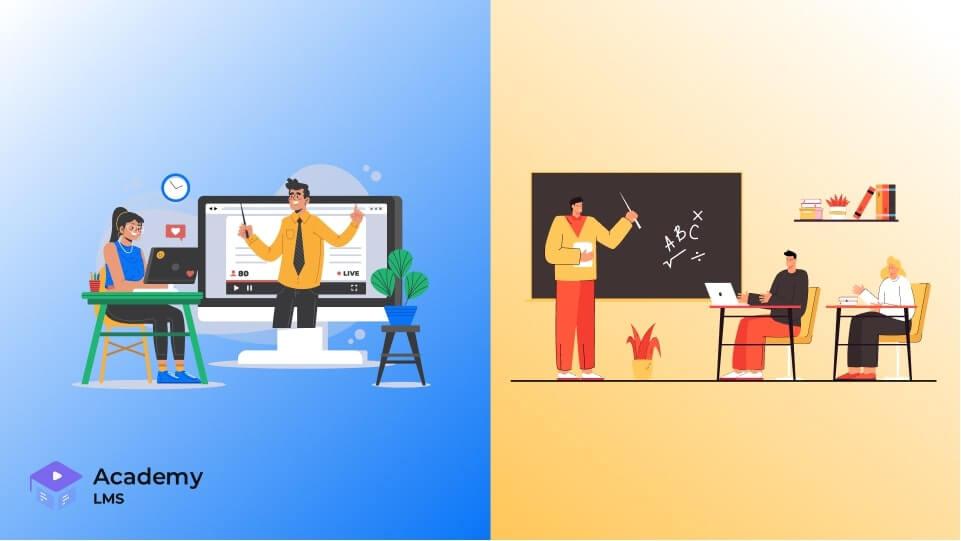The Evolution of Online Learning Platforms in 2025: Trends, Innovations, and What’s Next
Online learning platforms have dramatically transformed the education landscape over the last decade. In 2025, with rapid technological advancements and shifting learner needs, these platforms are more powerful and adaptive then ever before. This article explores the latest trends in online learning, pioneering innovations, key benefits, practical tips, and future predictions for digital education.
A Brief History: How Online Learning Has Evolved
From simple video courses to immersive, AI-driven environments, the journey of online learning platforms highlights how technology can democratize education. Early e-learning platforms focused on static content delivery, but the rise of cloud computing, mobile learning, and interactive technologies empowered platforms like coursera, Udemy, and Khan Academy to offer rich, engaging experiences.
- 2010s: Introduction of MOOCs (Massive Open Online Courses)
- 2020: Huge surge in demand due to the pandemic
- 2023: Hybrid models blending online and offline learning
- 2025: AI-powered, personalized pathways and immersive learning experiences
Key Trends Shaping Online Learning Platforms in 2025
1. Artificial Intelligence and personalization
AI-driven algorithms are now core to major online learning platforms.In 2025, students benefit from:
- Adaptive learning paths tailored to strengths and weaknesses
- real-time feedback and instant grading for assignments
- Clever chatbots providing academic assistance 24/7
- Automated content recommendations for continued skill enhancement
2. Immersive Learning with AR & VR
augmented and virtual reality have revolutionized how subjects are taught. Platforms integrate:
- Virtual laboratories for science and engineering courses
- AR overlays for hands-on skill mastery (medical,engineering,and art courses)
- 360-degree classroom simulations facilitating collaborative projects
3. mobile-First and Microlearning
With more users accessing content on smartphones, platforms prioritize mobile-first design, bite-sized lessons, and app-based notifications.This trend ensures:
- Learning on-the-go with seamless mobile apps
- Continuous engagement through reminders and gamification
- Higher completion rates for micro-courses
4. Blockchain for Credentialing
Blockchain technology secures digital certificates, making them tamper-proof and easily shareable across platforms and employers. Learners benefit from:
- Instantly verifiable credentials
- Portability between multiple online learning platforms
- Reduced fraud in academic records
5. Social and Collaborative Learning
Platforms encourage collaboration with tools such as:
- Live group projects and peer-to-peer tutoring
- Breakout chatrooms and discussion forums
- Mentorship matching powered by AI
The latest Innovations in Online Learning Platforms
2025 marks the era of holistic, learner-centric online education platforms. Noteworthy innovations include:
- Emotion recognition tools that adapt content based on student engagement and mood
- Multilingual real-time transcription powered by advanced AI, breaking language barriers
- Seamless integration with productivity and collaboration tools (e.g., Notion, Trello, Slack)
- Dynamic, AI-generated course content that updates with the latest research
- Customizable accessibility features for differently-abled learners
Benefits of Modern Online Learning Platforms
- Adaptability: Self-paced courses and 24/7 access let learners fit studies around their lives.
- Global Reach: Access to world-class educators and resources anywhere with an internet connection.
- Personalized Learning: AI-driven paths help optimize learning outcomes for each individual.
- Cost-Effectiveness: Reduced travel, material, and tuition costs compared to conventional classrooms.
- Career Advancement: Micro-credentials and verified certifications enhance employability.
Practical Tips: Getting the Most Out of E-Learning Platforms
- Set Clear Goals: Before enrolling, define what you want to achieve—skill upgrade, certification, or career pivot.
- Create a Study Schedule: Consistency is key. Block out weekly time for your coursework.
- Participate Actively: Join discussion forums and seek out group projects.
- Use Built-in Tools: Make full use of platform tools like progress trackers, AI tutors, and self-assessment quizzes.
- Collect Digital Credentials: Make sure to add completed certifications to your resume and LinkedIn profile.
- Provide Feedback: Help platforms improve by rating courses and suggesting features you wish to see.
Case Studies: Leading Online Learning Platforms in 2025
1. Coursera
Coursera’s revamped platform leverages AI to guide learners through tailored micro-bachelor’s degrees, offering stackable credentials and hands-on projects with global companies.
2. Udemy
Udemy integrates emotion-sensing technology, adjusting course pace based on engagement levels, and provides advanced support for AR/VR content, especially in technical and design fields.
3. Duolingo
Duolingo’s real-time conversational agents allow authentic, spoken-language practice with live feedback and pronunciation tips, making language learning more interactive and effective.
Emma, a mid-career professional, shares: “The transformation of online learning has let me upskill in data analytics at my own pace while working full-time. The AI coach and peer support have been game-changers for my motivation and retention.”
What’s Next for Online Learning Platforms?
The future of online learning platforms looks shining. We’re seeing the rise of:
- AI-Generated Educators: Virtual instructors created by AI to deliver personalized, on-demand lessons
- Full Immersion: Widespread adoption of metaverse-like platforms for fully immersive, collaborative learning
- Lifelong Learning Models: Platforms supporting continuous, just-in-time education for every stage of life and career
Industry analysts predict that by 2030, over 70% of adult learners will have completed some form of accredited online education, from micro-courses to entire degrees.
Conclusion
In 2025, online learning platforms are more innovative, accessible, and effective than ever before. With the integration of AI, AR/VR, blockchain, and mobile-first strategies, the future of digital education promises empowering, flexible, and personalized learning for all. Whether you’re an aspiring student, a working professional, or an educator, embracing these platforms and their evolving features can open doors to lifelong growth and success.
Stay informed, leverage the new tools, participate actively, and you’ll thrive in the ever-evolving world of online education!

